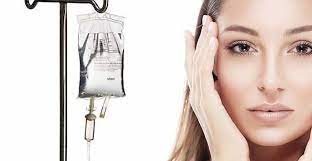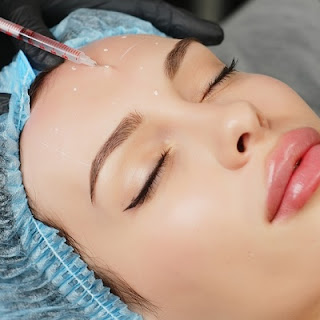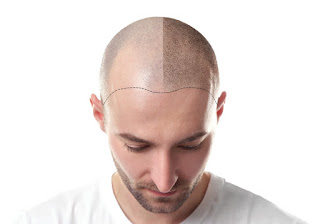"The Science Behind Glutathione IV Drips: How It Works and Its Benefits"
Introduction:
Glutathione, often referred to as the "master antioxidant," plays a vital role in maintaining optimal health and well-being. While it naturally occurs in the body, various factors such as stress, pollution, aging, and poor lifestyle choices can deplete its levels. In recent years, the administration of glutathione via intravenous (IV) drips has gained popularity as a method to boost its levels effectively. In this blog post, we will explore the science behind glutathione IV drips, how they work, and the potential benefits they offer.
Understanding Glutathione:
Glutathione is a tripeptide composed of three amino acids: cysteine, glutamic acid, and glycine. It acts as an antioxidant, protecting cells from damage caused by free radicals and oxidative stress. Additionally, it aids in detoxification processes, supports the immune system, and plays a crucial role in maintaining cellular health.
The Science of IV Drips:
IV drips involve the direct infusion of glutathione into the bloodstream through a vein, bypassing the digestive system. This method ensures maximum absorption and bioavailability, allowing the body to quickly utilize the antioxidant's benefits. The intravenous route also allows for precise control of dosage and gradual administration, minimizing the risk of adverse effects.
Enhanced Bioavailability:
Compared to oral supplementation, which may have limited absorption and undergo degradation in the digestive system, IV drips offer higher bioavailability. By bypassing the gastrointestinal tract, glutathione reaches the bloodstream directly, resulting in more significant levels within the cells. This increased bioavailability enables the antioxidant to exert its effects more efficiently.
Antioxidant and Detoxification Effects:
Glutathione's primary role as an antioxidant is to neutralize free radicals and protect cells from damage. IV drips deliver a concentrated dose of glutathione, enabling it to scavenge harmful reactive oxygen species (ROS) and mitigate oxidative stress. By doing so, it helps combat the effects of aging, boosts cellular health, and supports various bodily functions.
In addition to its antioxidant properties, glutathione plays a vital role in detoxification. It aids in the elimination of toxins, heavy metals, and harmful compounds from the body. By supporting the liver's detoxification pathways, glutathione IV drips help enhance the body's natural ability to eliminate harmful substances, promoting overall wellness.
Skin Brightening and Anti-Aging Effects:
Glutathione IV drips have gained significant attention for their potential skin brightening and anti-aging effects. It is believed that glutathione inhibits the production of melanin, the pigment responsible for skin coloration. By reducing melanin production, glutathione may help lighten the skin, resulting in a brighter and more even complexion. Furthermore, its antioxidant properties combat the effects of aging, such as fine lines, wrinkles, and dullness, contributing to a more youthful appearance.
Immune System Support:
Glutathione plays a crucial role in supporting the immune system by enhancing the activity of immune cells. It helps regulate the production and function of white blood cells, boosting the body's defense against pathogens and foreign invaders. By strengthening the immune system, glutathione IV drips may help reduce the risk of infections, promote faster recovery, and improve overall immune function.
Conclusion:
Glutathione IV drips offer a scientifically supported method to replenish glutathione levels in the body effectively. Through enhanced bioavailability, the direct infusion of glutathione into the bloodstream allows for optimal absorption and utilization of this vital antioxidant. The benefits of glutathione IV drips extend beyond its antioxidant effects, encompassing detoxification support, skin brightening,




Comments
Post a Comment